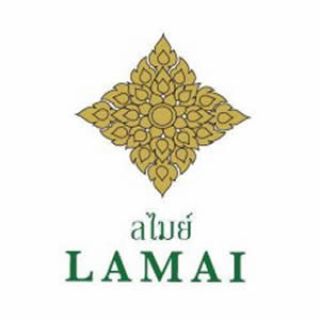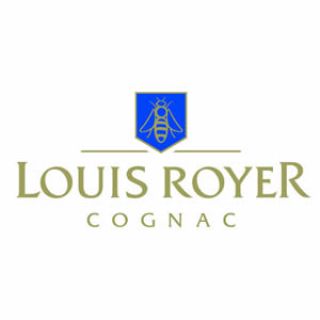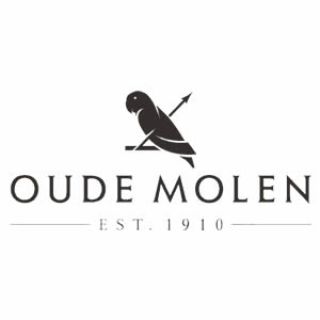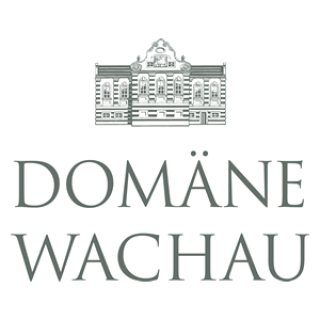Fri 28 Sep 2012
The Chinese wine market: foreign and domestic
A GLANCE AT THE CHINESE WINE MARKET AND HOW IT LOOKS FOR FOREIGN AND DOMESTIC PRODUCERS
However, it is also a difficult market to break, with legislation, tax and consumption trends all providing obstacles that suppliers need to overcome.
IWSR's China Wine Market Report 2012 also identified an "invisible" market in China , where consumers purchase whatever wines importers tell them to as a result of the strong bond between them.
The report warned that although more wholesalers are entering the market and capitalising on its potential, many lack experience.
Still, the French have managed to penetrate China to a considerable degree, with Nicolas Ozanam, a director at UMVin, explaining that China bought 483 million euro (£383 million) worth of French wine in 2011.
In an interview with AFP, Mr Oznam revealed that Asia in general is a strong market for French winemakers, with UMVin representing the producers of 70 per cent of the wine output in France .
Discussing wine prices, the expert said it was a case of "wait and see" before altering the costs Asian consumers will pay for a French bottle.
"The current climate certainly won't encourage anyone to put their prices up without first knowing what the demand is like," Mr Oznam told the AFP in relation to global pricing.
Last year, Hong Kong purchased 417 million euro (£331 million) worth of French wine - a 27 per cent rise, with the Chinese market also growing 40 per cent.
Interestingly, the importance high-end consumers in China place on branding was illustrated by Hubert de Bouard, Angelus estate's director.
Angelus has been featured in 30 movies, including 2006's 'Casino Royale', helping to drive up the prestige and popularity of the wine.
The label features a bell, which is a valued symbol in Chinese culture, making Angelus "a cult wine for the new business elite" Mr de Bouard told the AFP.
One question arises over domestic production - will Chinese winemakers build up more pace on home ground?
A recent report by Bloomberg Businessweek addressed this issued and uncovered the attitude Chinese consumers tend to have towards wine.
Thirty-six-year-old Emma Gao is a winemaker at Silver Heights winery in Yinchuan , where, according to the report, some of China 's most admired vintages are produced.
She told Businessweek: "Here, people think a good wine shouldn't give you a headache the next morning."
With China having purchased 156 million cases of wine in 2011, the managing director of China Market Research Group Shaun Rein explained that consumer habits are shifting.
"Before, people would just buy wine to show off, but that's changing. Younger Chinese are drinking it at home," he told the news provider.
Estimates from the China Daily indicate that China bought a minimum of 25 estates in the past year, demonstrating that foreign suppliers face further competition from domestic producers.
Currently, imported wines make up about 25 per cent of the Chinese market, research from Haiguan.info revealed, with France , Spain , Italy , Chile and Australia accounting for 82 per cent of this figure.
Earlier this year, Changyu Pioneer Wine announced plans to fork out as much as $950 million (£586 million) on a "wine city" in the Shandong province of China
With those kind of expansion plans in the works, it seems Chinese producers are attempting to fend off the advances of foreign companies, with Rising Securities analyst Zhang Zhiang telling the China Daily overseas wines would "eventually" make up half of the Chinese market.















